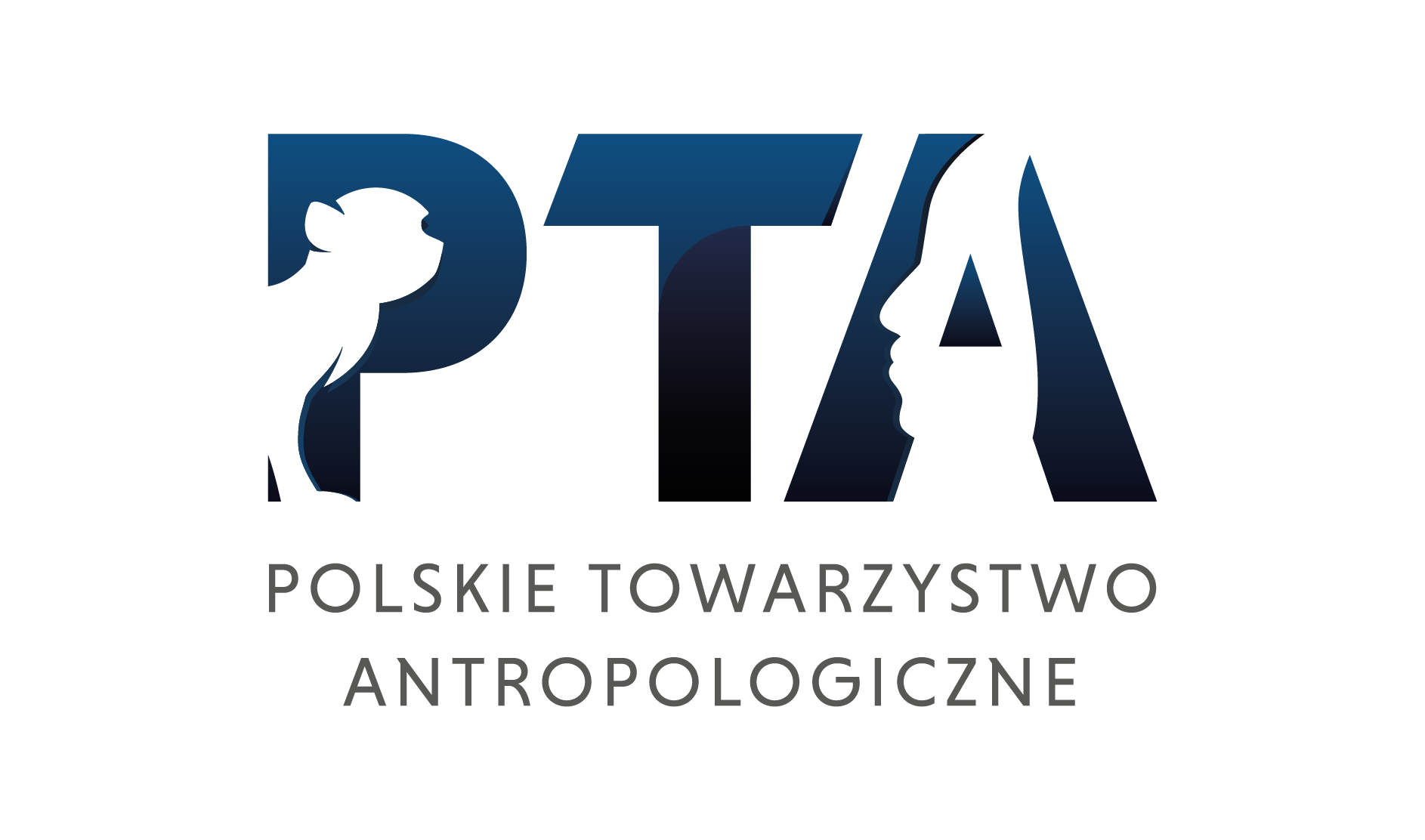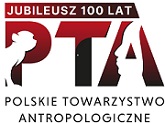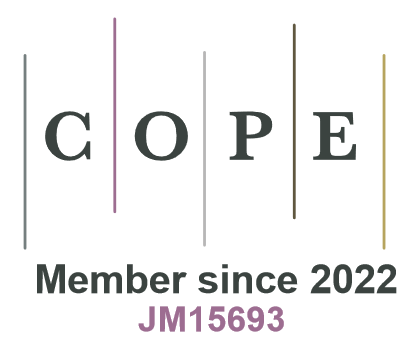The ethological concept of animal and human behaviour. An attempt at methodological analysis
DOI:
https://doi.org/10.18778/1898-6773.46.2.17Abstract
The paper presents a methodological analysis of the structure of the ethological theory aimed at explanation of behaviour. Ethology proposes a theoretical concept being ‘the most recent attempt at explaining both animal and human behaviour. The concept is based on an assumption that behavioural patterns, similarly to morphological structures and physiological processes, are species-specific and related to a species phylogeny. Therefore ethology is rooted in the theory of biological evolution. Behavioural pattern emerges as a result of selective pressures of an environment thus ensuring to the highest possible degree survival of a species under given environmental conditions. Ome of the basic ethological ideas is distinction between inborn and acquired behaviour. Inborn behavioural pattern is formed by a „mechanism” of mutation and selection. Hence it emerges by the way of phylogenetic processes, while acquired behaviour is due to interactions between an individual and environment. Ethology has considerable accomplishments in explaining inborn behaviour. According to its concept such a behavioural pattern consists of four parts: apetention — search for «clue stimulators in environment, operation of relasing mechanism in response to occurrence of a clue stimulator, cours of action — a constant „rigid” sequence of movements executed by effectors (inherited coordination), calming down after the action. The author reconstructs three laws accepted by ethologists: the law of inborn behaviour, the law of learning and the law of protocultural behaviour. The first law is the basic one for ethology, the other two are its derivatives (concretizations). In lower animals (worms and lower forms) only inborn. behavioural patterns are present, later on there appears individual accumulation of information — learning. Phenomena of protoculture are mainly characteristic for birds and mammals, although its scope is limited. Protoculture consists of behaviours learned socially from other individuals of the same species. Human ethology occupies a separate position. Man, like other species, has acquired his properties on an evolutionary way. For instance, behaviour of infants is mainly determined by inborn factors, In adults inborn elements of behaviour occur as parts of particular actions (first of all sexual, aggressive and child care practices), Ethology also holds that potential for creation of (culture has arisen during anthropogenesis as a specific human adaptive function. Special place of man among living beings is related to the mew principle of evolution that is called the cultural evolution.
Downloads
References
Ardrey R., 1969, Adam kam aus Afrika. Auf der Suche nach unseren Vorfahren, München.
View in Google Scholar
Audrey R., 1971, Der Gesellschaftsvertrag, Wien—München—Zürich.
View in Google Scholar
Eibl-Eibesfeldt I., 1971, Liebe und Hass. Zur Naturgeschichte elementarer Verhaltensweisen, Münichen.
View in Google Scholar
Eibl-Eibesfeldt I., 1972, Grundriss der vergleichenden Verhaltensforschung. Ethologie, München.
View in Google Scholar
Eibl-Eibesfeldt I., 1975a, Krieg und Frieden aus der Sicht der Verhaltensforschung, München—Zürich.
View in Google Scholar
Eibl-Eibesfeldt I., 1975b, Stammesgeschichtliche und kulturelle Anpassungen im menschlichen Verhalten, [w:] Hominisation und Verhalten [wyd. G. Kurth, I. Eibl-Eibesfeldt] Stuttgart.
View in Google Scholar
Eibl-Eibesfeldt I., K. Lorenz, 1974, Die stammesgeschichtlichen Grundlagen menschlichen Verhaltens, [w:] Die Evolution der Organismen [wyd. G. Heberer], Bd. III, Stuttgart.
View in Google Scholar
Ewer R. F., 1976, Ethologie der Säugetiere, Berlin—Hamburg.
View in Google Scholar
Hebb D. O., 1953, Heredity and Environment in Mammalian Behavior, British Journal of Animal Behawiour, 1.
View in Google Scholar
DOI: https://doi.org/10.1016/S0950-5601(53)80053-5
Hinde R. A., 1966, Animal Behaviour. A Synthesis of Ethology and Comparative. Psychology, New York —London.
View in Google Scholar
Kawai M., 1975, Precultural Behavior of the Japanese Monkey, [w:] Hominisation und Verhalten, [wyd. G. Kurth, I. Eibl-Eibesfeldt], Stuttgart.
View in Google Scholar
Klix F., 1973, Information und Verhalten. Kybernetische Aspekte der organismischen Informationsverarbeitung, Berlin.
View in Google Scholar
Klopfer P. H., 1974, An Introduction to Animal Behavior: Ethology's First Century, Englewood Cliffs N. J. Kroeber A. L. 1973, Istota kultury, Warszawa.
View in Google Scholar
Lehrman D. S., 1958, A Critique of Lorenz's Theory of Instinctive Behavior, Quarterly Review of Biology, 28.
View in Google Scholar
DOI: https://doi.org/10.1086/399858
Lorenz K., 1943, Die angeborenen Formen möglicher Erfahrung, Zeitschrift für Tierpsychologie, 5.
View in Google Scholar
DOI: https://doi.org/10.1111/j.1439-0310.1943.tb00655.x
Lorenz K., 1971, Phylogenetische Anpassung und adaptive Modifikation des Verhaltens, [w:] K. Lorenz, Über tierisches und menschliches Verhalten, Bd. II, München.
View in Google Scholar
Lorenz K., 1975, Tak zwane zło, Warszawa.
View in Google Scholar
Lorenz K., 1977, Odwrotna strona zwierciadła. Próba historii maturalnej ludzkiego poznania, Warszawa.
View in Google Scholar
Manning A. 1976, Wstęp do etologii zwierząt, Warszawa.
View in Google Scholar
Marler P., W. J. Hamilton III, 1972, Tierisches Verhalten, Mechanismen des Verhaltens, Berlin.
View in Google Scholar
Mayr E., 1974, Populacje, gatunki i ewolucja, Warszawa.
View in Google Scholar
Rensc R. B., 1965, Homo sapiens. Vom Tier zum Halbgott, Göttingen.
View in Google Scholar
Rensch B., 1977, Das universale Weltbild. Evolution und Naturphilosophie, Frankfurt am Main.
View in Google Scholar
Ruse M., 1973, The Philosophy of Biology, London.
View in Google Scholar
Strzałko J., M. Henneberg, J. Piontek, 1976, Wstęp do ekologii populacyjnej człowieka, Poznań.
View in Google Scholar
Tinbergen N., 1976, Badania nad instynktem, Warszawa.
View in Google Scholar
Ullrich W., 1973, Zoopsychologia, Warszawa.
View in Google Scholar
Ullrich W., 1978, Wörterbücher der Biologie. Verhaltensbiologie unter besonderer Berücksichtigung der Physiologie des Verhaltens, 1978, [wyd. G. Tembrock], Jena.
View in Google Scholar
Wernecke A., 1976, Biologismus und ideologischer Klassenkampf, Berlin.
View in Google Scholar
Downloads
Published
How to Cite
Issue
Section
License

This work is licensed under a Creative Commons Attribution-NonCommercial-NoDerivatives 4.0 International License.








